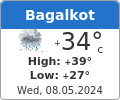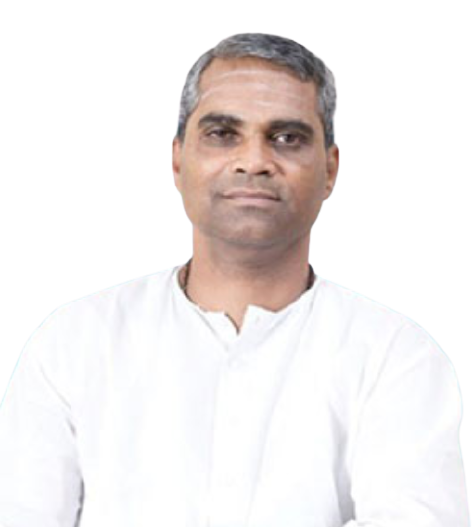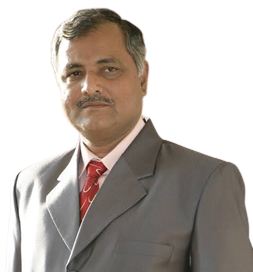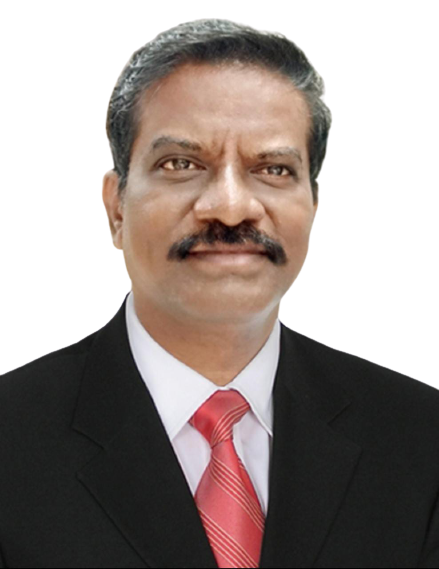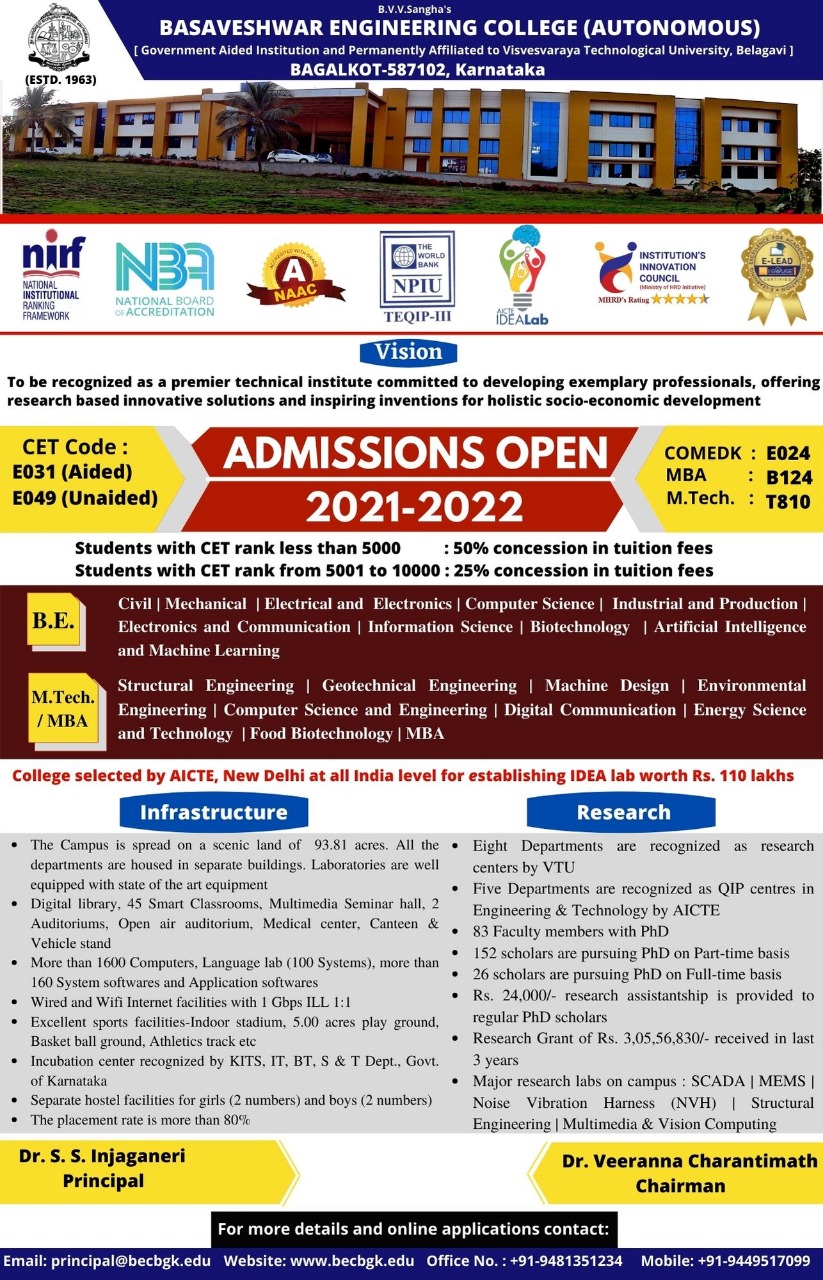Industrial & Production Engineering
- PO1. Engineering knowledge: Apply the knowledge of mathematics, science, engineering fundamentals, and an engineering specialization to the solution of complex engineering problems.
- PO2. Problem analysis: Identify, formulate, review research literature, and analyze complex engineering problems reaching substantiated conclusions using first principles of mathematics, natural sciences, and engineering sciences.
- PO3. Design/development of solutions: Design solutions for complex engineering problems and design system components or processes that meet the specified needs with appropriate consideration for the public health and safety, and the cultural, societal, and environmental considerations.
- PO4. Conduct investigations of complex problems: Use research-based knowledge and research methods including design of experiments, analysis and interpretation of data, and synthesis of the information to provide valid conclusions.
- PO5. Modern tool usage: Create, select, and apply appropriate techniques, resources, and modern engineering and IT tools including prediction and modeling to complex engineering activities with an understanding of the limitations.
- PO6. The engineer and society: Apply reasoning informed by the contextual knowledge to assess societal, health, safety, legal and cultural issues and the consequent responsibilities relevant to the professional engineering practice.
- PO7. Environment and sustainability: Understand the impact of the professional engineering solutions in societal and environmental contexts, and demonstrate the knowledge of, and need for sustainable development.
- PO8. Ethics: Apply ethical principles and commit to professional ethics and responsibilities and norms of the engineering practice.
- PO9. Individual and team work: Function effectively as an individual, and as a member or leader in diverse teams, and in multidisciplinary settings.
- PO10. Communication: Communicate effectively on complex engineering activities with the engineering community and with society at large, such as, being able to comprehend and write effective reports and design documentation, make effective presentations, and give and receive clear instructions.
- PO11. Project management and finance: Demonstrate knowledge and understanding of the engineering and management principles and apply these to one’s own work, as a member and leader in a team, to manage projects and in multidisciplinary environments.
- PO12. Life-long learning: Recognize the need for, and have the preparation and ability to engage in independent and life-long learning in the broadest context of technological change.
- PEO 1: To equip the students for a successful career in manufacturing, services, R & D and so as to meet the global challenges.
- PEO 2: To Inculcate professional skills amongst the students in design, manufacturing, maintenance, quality, computational, and software aspects of products and services.
- PEO 3: To imbibe knowledge that enables the students to get the required inputs to become competent industrial engineers and managers acceptable to the present and future industries.
- PEO 4: To encourage students’ lifelong learning skills, entrepreneurial ability, innovation, communication, ethical practices, and life skills.
- PEO 5: To strengthen the knowledge of students in multi-disciplinary areas of engineering.
- PSO1: The Industrial and Production Engineering Graduates will be able to effectively design, implement, improve, and manage systems / activities in manufacturing and service organizations.
- PSO2: Use the knowledge and skills of industrial engineering to model and analyze real-life problems to develop solutions.
- PSO3: Engage Professionally in industries or as an entrepreneur by applying manufacturing and management practices.
HOD
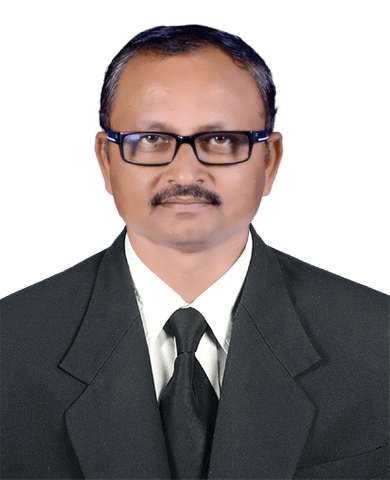
Dr. C. M. Javalagi
Professor and Head
